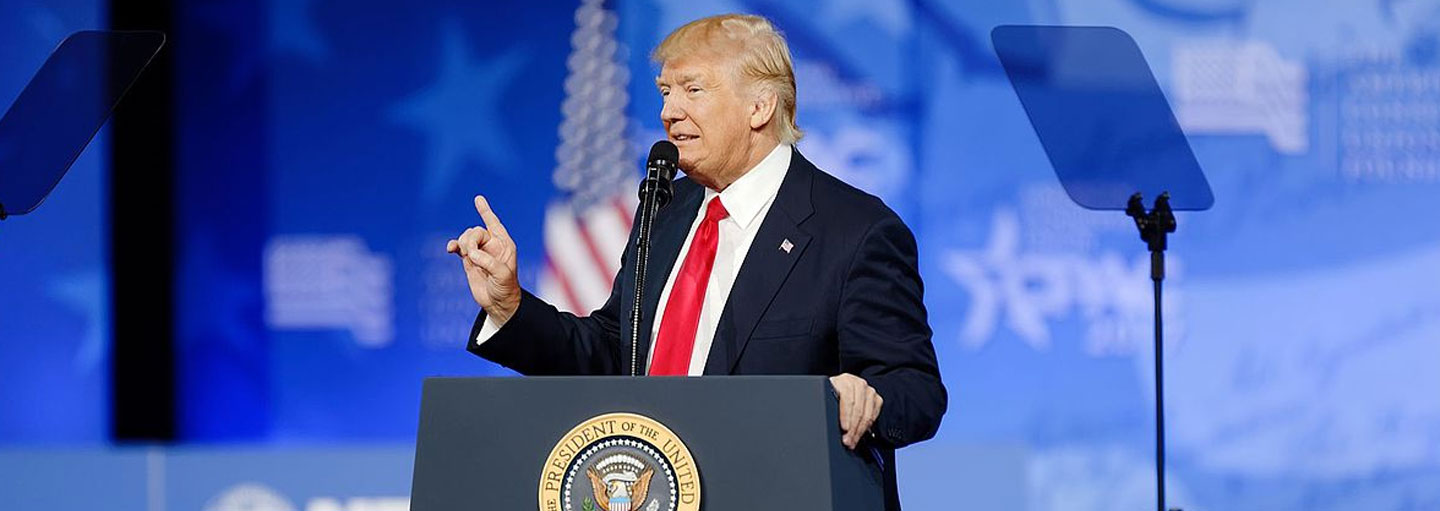We relentlessly hear that God is old-fashioned, irrelevant and even dangerous. It is why, we are told, good thinking is all about rationality and logic expressed through our highly emergent brain-based cognitive processes.
But sometimes we can even come across an atheist who thinks more deeply about such issues. Thomas Nagel is one such author. In his (2012) Mind and Cosmos, he honestly reviewed the difficulties of the ‘received wisdom’ of his colleagues. His focus was on how well (or otherwise) Neo-Darwinism explained some of the foundational issues of life. What he saw was that there were significant obstacles to staying with a materialistic philosophy of life, even if an atheist.
Materialism, or naturalism, is the stance that puts faith in all life being explained by physical processes – physics, chemistry and biology. However, Nagel saw that philosophically, such a point of view has some noticeable limitations:
- How can one conceive of deriving live matter from dead matter? How does a rock and water turn into a frog?
- Once we conceive that life (bios) is different from dead material, how does such life develop self-awareness (consciousness)? How does a bird know it is flying and not sitting?
- Humans have a particular form of self-awareness – we know that we know, and we reflect about the experience. How is it that we can watch a bird fly and decide to copy it?
- And there is a further mystery identified by Nagel – how is it that humans can decide that some of what we do with our reasoning is good or bad, beautiful or ugly? Nagel cannot see how such an ethical understanding can be derived progressively from dead matter. That is accurate thinking.
In one of his summary thoughts, Nagel wrote: “Consciousness is the most conspicuous obstacle to a comprehensive naturalism that relies only on the resources of physical science.” (p.35) Dead matter simply does not seem to be a viable source of how you are thinking, right now, as you read this article. Towards the end of his book, Nagel concluded that:
In the present intellectual climate, such a possibility is unlikely to be taken seriously, but I would repeat my earlier observation that no viable account, even a purely speculative one, seems to be available of how a system as staggeringly functionally complex and information-rich as a self-reproducing cell, controlled by DNA, RAN or some predecessor, could have arisen by chemical evolution alone from a dead environment. Recognition of the problem is not limited to the defenders of intelligent design. (p.123)
The alternative that Nagel calls for is to include the concept of Mind as part of the teleology of primal matter in the universe. That is, he wants to promote that instead of focusing on the problem of first cause (how did all this start and develop?), atheist philosophers can look at basic purposes of why we are here (that is the teological focus). He therefore believes that mind must be “a basic aspect of nature”. (p.16). While admitting that Christian philosophers like Alvin Plantinga have an internally coherent explanation of the questions posed above, Nagel simply does not want to believe in the basis of this kind of theistic thinking because the foundation of this framework is a Creator Mind (God).
This battle, of deciding whether to include God in our thinking about life, is not a new one. The apostle Paul wrote about the mind regularly when he was sending letters to new Christian churches. He knew that our thoughts and words reflect what is on our hearts (just as Jesus taught). He knew that the journey towards futile thinking was when we moved away from the knowledge of God. He also taught that thinking becomes debased and the way of life insensitive to others when we ignore God in our minds and allow our hearts to harden against Him (see Romans 1 and Ephesians 4, for example).
Here is one of his passages about the battle:
3 For though we walk in the flesh, we are not waging war according to the flesh. 4 For the weapons of our warfare are not of the flesh but have divine power to destroy strongholds. 5 We destroy arguments and every lofty opinion raised against the knowledge of God, and take every thought captive to obey Christ (2 Corinthians 10:3-5, ESV)
Paul understood that his traditional people, the Jews, were familiar with being overtaken by physical force. He also understood the deeper truth that the real battle, the most critical fight, was about truth. The start of truth was a statement of faith, and from that faith came belief in the One True Loving and Almighty Creator God. That was their stronghold. The alternative and evil stronghold was described by Jesus when He explained that there was one whose native language was lying (Satan – see John 8:43-44).
What Paul focuses on is very clear. The way to smash through these lying strongholds is to continue to know God. It Is knowledge of Him that allows us to see Jesus in His rightful place, and from that position, to think clearly. It is from that position that we can discern God’s will (Romans 12:2). It is from that position that we can serve others (Ephesians 5:21). Despite walking through valleys of deep, dark shadows, we in faith know that He is there for those who love Him because of His great mercy (Psalm 23, Romans 8).
Whatever ideas swirl around us, we too can trust our Creator to shine through. As our world becomes darker, even the smallest of candles looks bright, because it is.


















